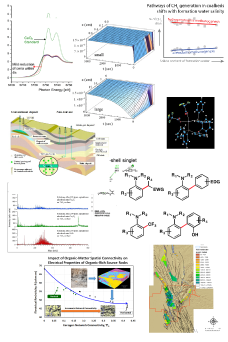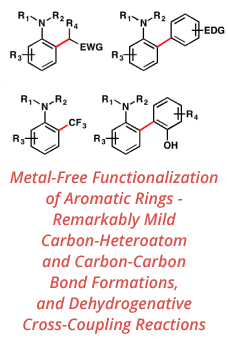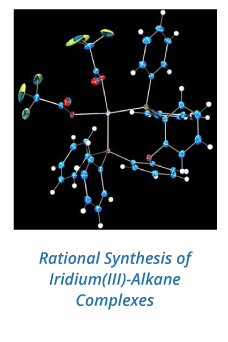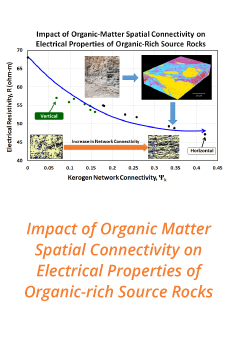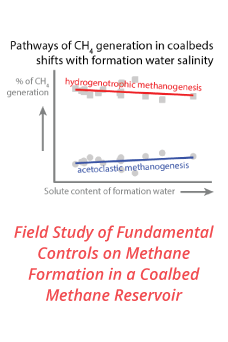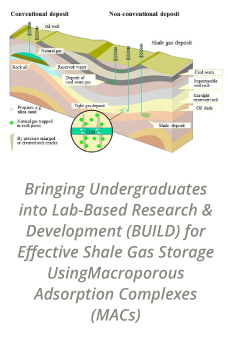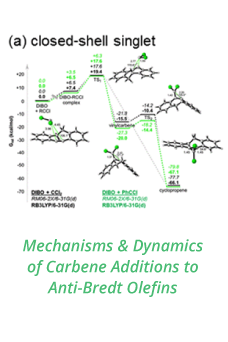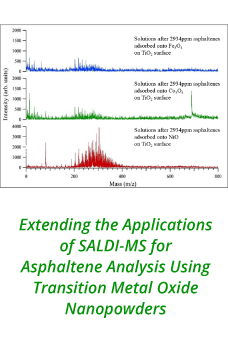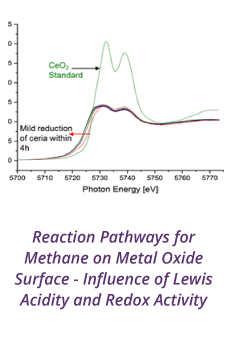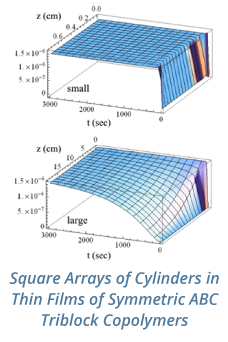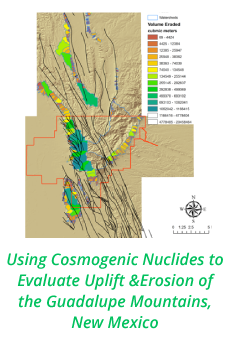Reports: ND952949-ND9: Multiphase Flow Dynamics and Evaporation Kinetics of Energetic Nanofuels
Tai-Hsi Fan, University of Connecticut
Qiao Li, PhD, Purdue University
During this 2ndproject year, experimental and theoretical analyses of the evaporation kinetics and fuel properties have been advanced steadily. Prof. Qiao and her students in Purdue University has found that addition of nanoparticles changes the latent heat of vaporization of water and ethanol based nanofluids. Specifically, Ag and Fe nanoparticles result in a substantial reduction of the latent heat, while Al addition increases the latent heat slightly. By computing the total enthalpy of the system before and after vaporization using molecular dynamics simulations, it is found that the bond strength between nanoparticles and fluid molecules plays the major role for the change of latent heat of vaporization. The details have been reported in a recent publication linked to this report.
Prof. Fan and his students in University of Connecticut have developed the quasi-1D precision evaporation experiment and detailed theoretical model for the measurement of evaporation kinetics and local compositions. The moving interface during evaporation of a binary mixture of methanol and 1-butanol was tracked by acoustic waves emitted from a crystal resonator. Since methanol has much higher saturation pressure than 1-butanol, the signal extracted from resonant spikes shows a fast and followed by a slow evaporation processes. The stratification of viscosity and concentration were also traced by the shear impedance measurement and compared with model prediction. The experimental and theoretical details have been reported in a manuscript submitted to Physical Chemistry Chemical Physicsin September 2015 for publication. The manuscript, experimental and theoretical results are available upon request.
The ongoing work will include evaporation kinetics of multiple volatile components in both liquid and gas phases and nanoparticle dispersion in pure and binary fuels. The PIs have requested no-cost extension for an additional project year to extend the investigation. The request has been approved by ACS. The proposal submitted to NSF CBET in February 2014 was recommended but not funded. A NSF proposal that focuses on experiments and theoretical analysis of evaporation of nanofuels at the droplet and streaming droplet levels is being prepared by the PIs and will be submitted to NSF CBET in October 2015.
The PI was on sabbatical leave a few months during the project year in Chemical Engineering at Kyoto University in Japan. This project was presented in an invited seminar talk there in October 2014. The title was Special Topics on Small Scale Fluid Mechanics and Mass Transfer.
The PIs have continued the training for graduate students to conduct the research activities. Both collaborative groups actively shared the research results once they have been produced. Research assistant positions have been provided to graduate students at UCONN and Purdue. Two PhD students are funded by this grant during the project year. The financial support through this ACS PRF seed grant is very much appreciated and acknowledged in all research disseminations including journal papers, NSF proposals, and seminar presentation.

